Limit State Design of Steel Structures
Method of Limit State (Ultimate Limit State, (ULS) and serviceability limit state (SLS)) present an improved design philosophy and makes allow-ance for the short-compings of working stress method (conventional and long time used in practice). This method provides basic framework, within which the performance of the steel structures may be assessed against various limiting conditions and invo-lves some concept of probability.
Object of limit design method is to get steel structure that will remain fit for use during its life with acceptable target reliability. The probability of a limit state being reached during its life time is kept very small.
This method has been broadly adopted in many developed countries and based on the recommendations of IS: 800-2007 (Third Revised Edition). This method has been covered in nine parts (in twenty six chapters and four appendices) as listed in contents. After introducing `Limit State Method of Design of Concrete Structures (LSD: CC) in IS: 456-1978, it was natural for Bureau of Indian Standard to introduce `Limit State Design of Steel Structures (LSD: SS).
SI units for text for complete book, uncertainties involved in the working stress method and the concept of partial safety factors for the loads and strength of mate-rials (for yield and ultimate stresses reached) are the special feature of the book.
Concepts of shear centre for thin-walled beam cross-sections and unsymmetrical bending of beams are important for various requirements and have been included in appendices.
The text of book has been covered in about 1000 pages and 550 diagrams.
The texts of various topics has been explained in many illustrative worked-out examples.
Get it now and save 10%
BECOME A MEMBER

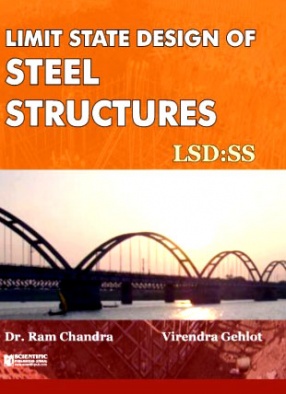
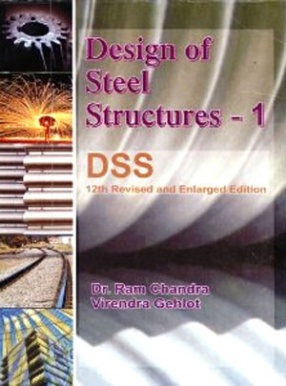
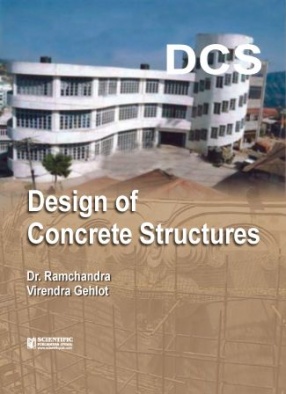
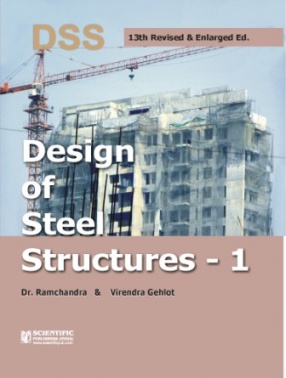
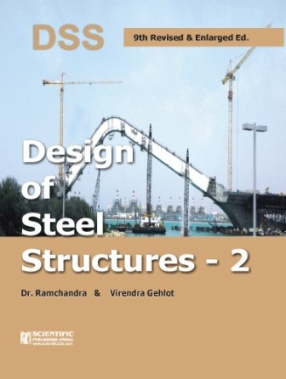
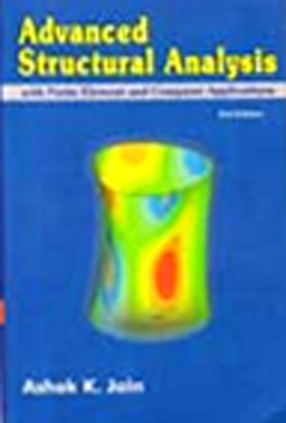
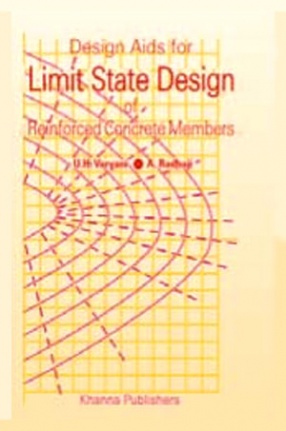

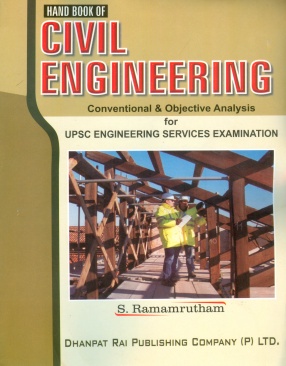

Bibliographic information
Virendra Gehlot